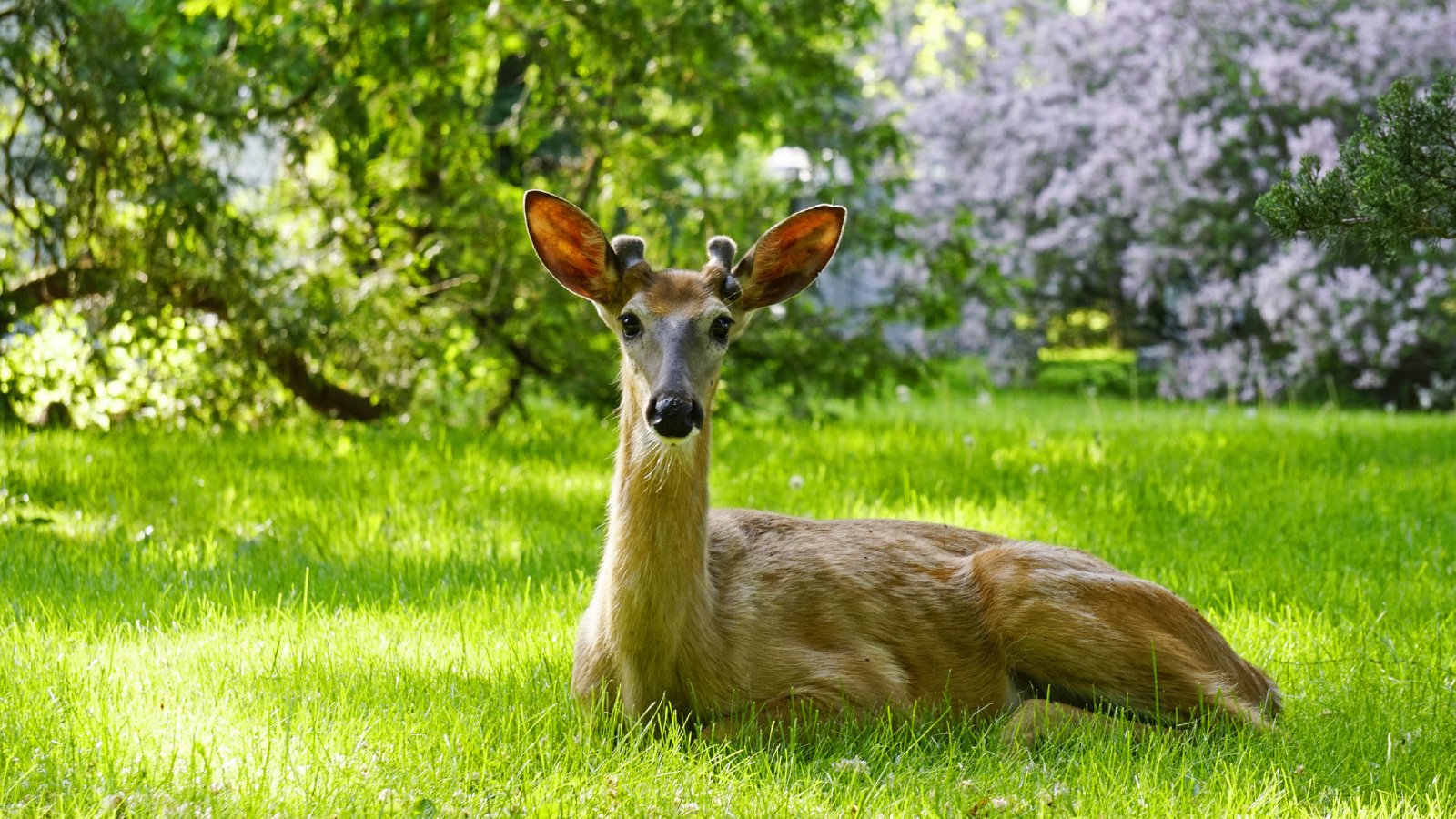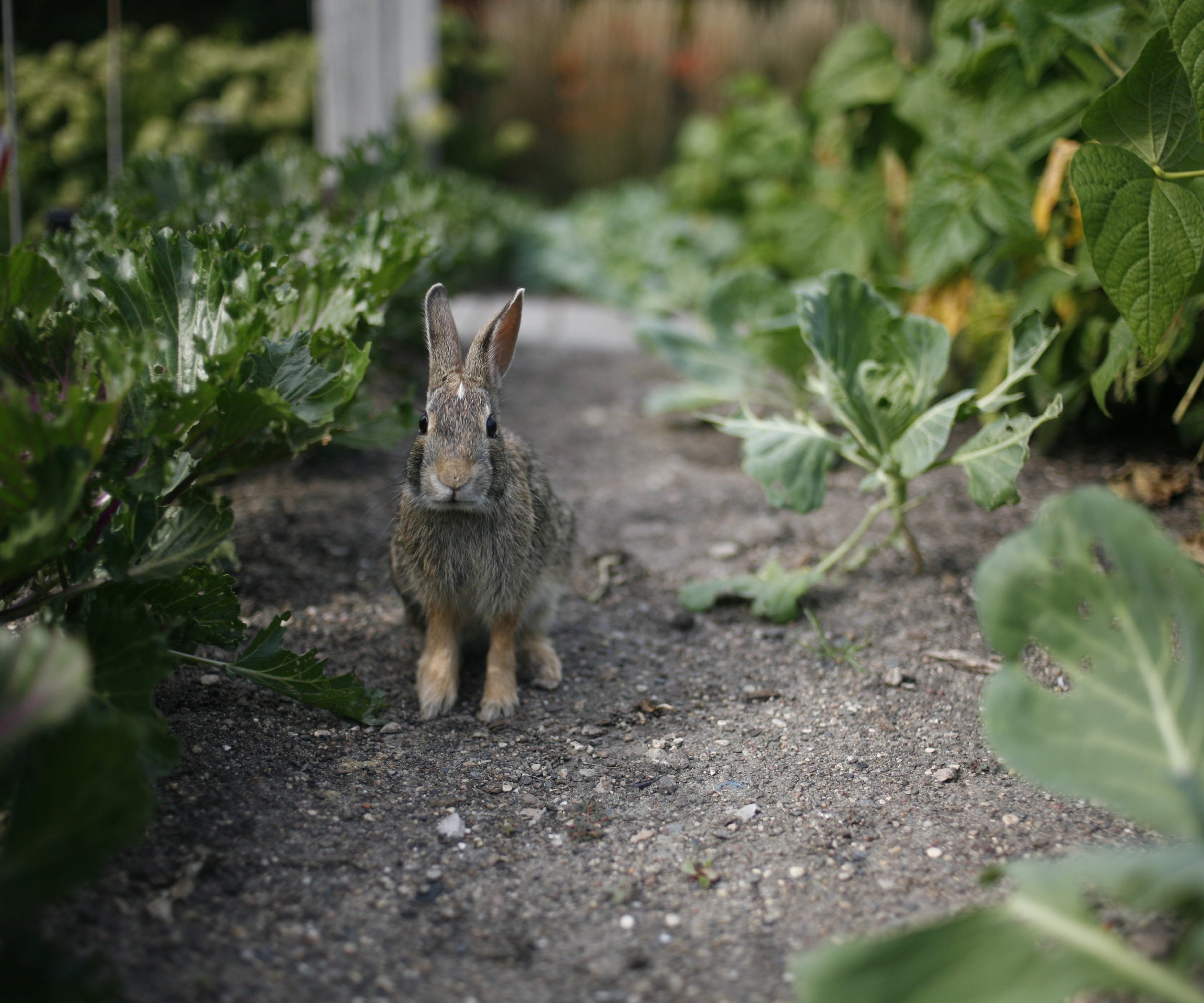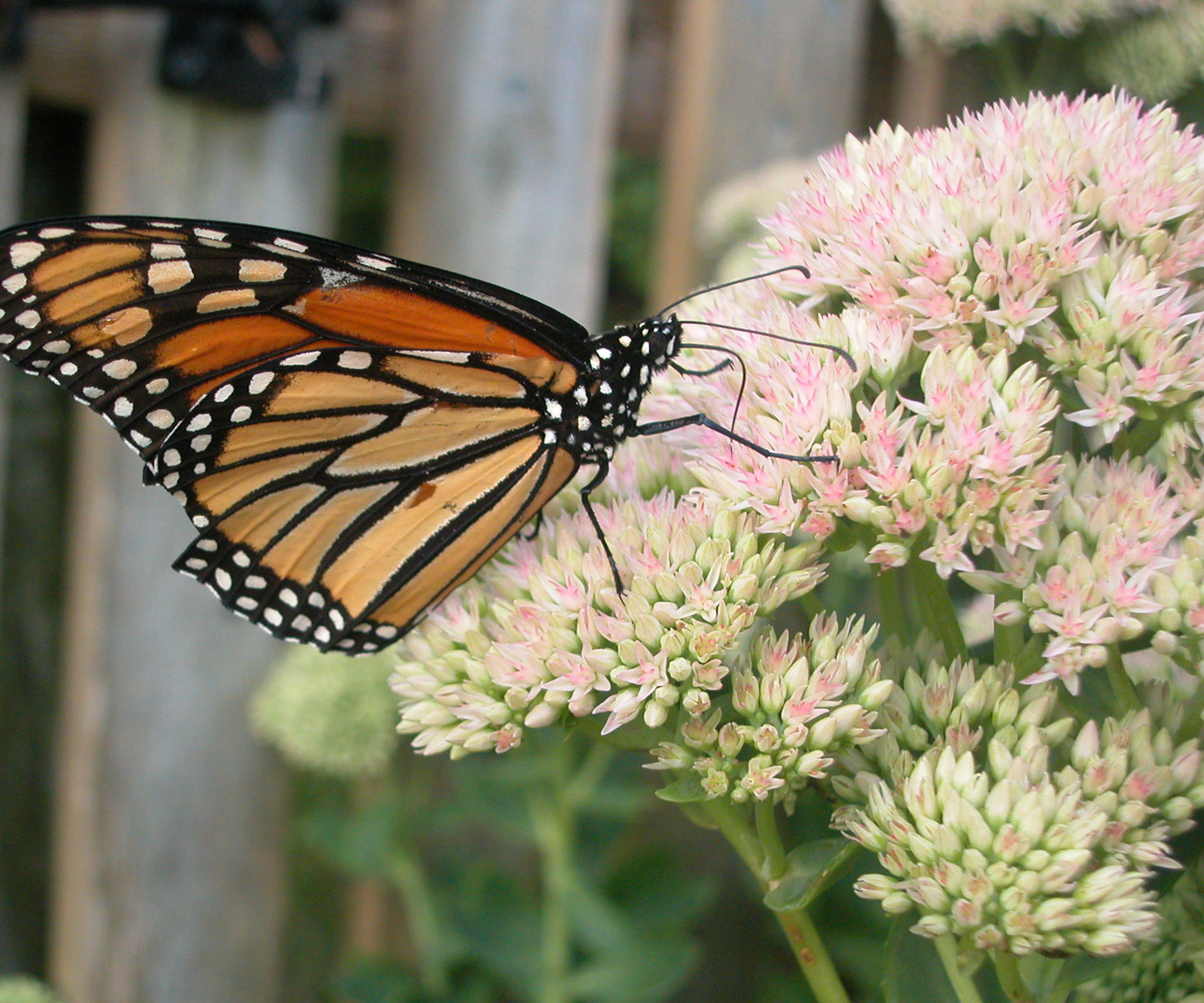How Climate Change Affects Wildlife In Your Garden – And How You Can Help
How climate change affects wildlife is something you may not have pondered, but the domino effects are serious and potentially devastating.

The climate crisis that’s upon us is having a definite impact on many aspects of the globe, including how climate change affects wildlife. Climate change and wildlife are irrevocably intertwined; that is of course, unless we can reverse the current course.
The effects of climate change on wildlife may seem subtle, until we take a really close look at them. As we gain more knowledge it becomes apparent that the impact of climate change on wildlife is actually life threatening to some species. Those species not directly imperiled are nonetheless impacted. Keep reading to learn how climate change affects wildlife and how you can make a difference by creating a wildlife garden and more.
How Climate Change Affects Wildlife
Climate change affects gardens as well as all aspects of life for some species of wildlife, from migration and birth rate to food scarcity and the rise of invasive species.
As temperatures warm, some species of plants can’t take the heat and die out. When these plants die out, the animals and insects that rely on them for food either die out or have to move on. Migration is normal for many species, but a forced march searching for food that may or may not have also migrated is a problem.
Of course when food is scarce, female mammals either don’t go into estrus or do, but give birth to babies that are underweight or lack enough milk to sustain the infants’ lives.
When resources are scarce, invasive plants may outcompete native plants for those resources, and native plants are often the primary food source for the area's native wildlife.
Clearly, everything in nature is intertwined. What affects one species eventually affects another, and so on.
Sign up for the Gardening Know How newsletter today and receive a free copy of our e-book "How to Grow Delicious Tomatoes".
Can Wildlife Adapt to Climate Change?

If humans can’t stop this runaway train, the question then is can wildlife adapt to climate change? Throughout earth’s history, the climate has shifted enough for species to evolve on multiple occasions. Generally these shifts took place over long periods of time. Toward the end of the Cretaceous Period, however, an event of such cataclysmic proportions happened so quickly that species like dinosaurs had no time to evolve and poof, ceased to exist.
Temperature is the trigger for most species evolution, but even when temps shift over time, some species will adapt while others can’t. When this happens, other species will end up extinct simply because their food source or habitat has ceased to adapt to changing conditions.
In the last 40-50 years, temperature is again the trigger and, in order to adapt, many animals and plants have migrated 36 feet (11 m) or so to higher elevations every decade. These migrations are a valiant attempt at survival but they don’t always work. Maybe one species of animal migrates, but their food sources do not or aren't sufficient to support life. Or maybe there’s generally more competition between animal or insect species for food.
So yes, wildlife can adapt... but it might be too late. Other plants and animals that a species relies on or has a symbiotic relationship with may not be evolving at the same pace if at all or are enduring additional struggles.
What You Can Do to Help Wildlife in Your Garden

The biggest step you can take to encourage wildlife in the garden is to plant native plants. The National Wildlife Federation recommends including 70% or more native plants in the landscape. Choose plants with year round appeal for wildlife. Those that will provide habitat where animals can raise young, eat and shelter from predators and inclement weather.
When you plant primarily native plants, you’ll also reduce your dependence on watering, fertilizing, and pesticides - a boon for the environment.
Trees reverse climate change - trees like oaks and maples store carbon dioxide, a greenhouse gas that is known to contribute to climate change. They also create shade, lowering your energy use and emissions from artificial cooling units. Native trees and shrubs also reduce noise and carbon pollution from lawn mowers, string and hedge trimmers.
Native plants promote biodiversity, and in general a healthy ecosystem. They’re low maintenance and provide habitat for local wildlife.
Next, avoid purchasing soils that have peat moss in them. While it is a natural material, it isn’t sustainable and when extracted, it can release large amounts of carbon dioxide. It's much better for the planet to go peat free.
Include a pond or rain garden in your landscape. After all, the wildlife needs to drink.
Instead of putting up a fence which becomes a barrier to wildlife, use brambles or other living materials or even dead tree limbs to create a wildlife friendly hedge.
Check out our free DIY project ebook for guides on making owl boxes, birdhouses, and more.
In general, keep things in your landscape as natural as possible. This will encourage native insects, birds and mammals to establish habitat within your landscape; a good thing for you and the planet.

Amy Grant has been gardening for 30 years and writing for 15. A professional chef and caterer, Amy's area of expertise is culinary gardening.

